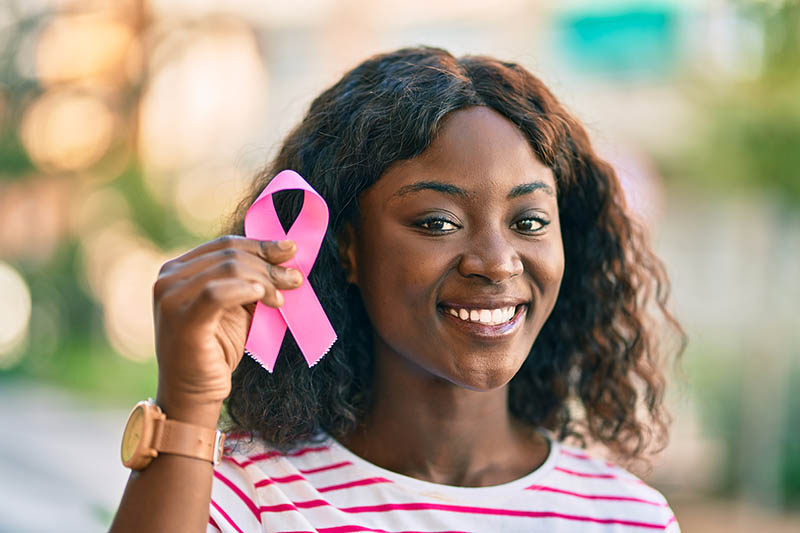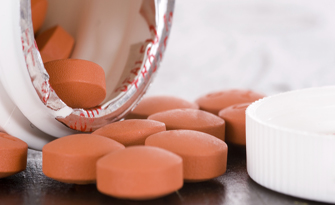Do You Know the Warning Signs of Breast Cancer?
A lump in your breast isn’t the only warning sign of breast cancer—knowing all the possible signs and symptoms could save your life.

Ask a woman to name a sign or symptom of breast cancer, and chances are she'd say a lump in the breast.
She'd be right, of course. A new lump or mass is the most common symptom of breast cancer. But it's not the only one. And because early detection can save your life, it's important to know all the possible signs and symptoms of the disease.
What’s normal?
Being familiar with how your breasts look and feel is a key component of breast health. If you notice any of the following signs or symptoms in a breast, you should see a doctor right away:
- A lump. Cancerous breast lumps tend to be hard, painless, and irregular (rather than rounded) around the edges
- Swelling of all or part of a breast—or sometimes lymph nodes in the armpit or collarbone area—even if you can't feel a lump
- Irritated or dimpled breast skin
- Breast or nipple pain
- A nipple that points inward
- Red, scaly, or thickening nipple or breast skin
- Nipple discharge, which may be bloody or clear
Any of these signs and symptoms, including lumps, can be caused by things other than cancer. But only a doctor can tell for sure.
What happens next?
If you have a lump or changes in your breast tissue or skin, your doctor will examine your breasts. He or she may also order tests to take a closer look. These may include a diagnostic mammogram, which is just like having a screening mammogram except more x-rays are taken; a breast ultrasound, which uses soundwaves to create an image of the inside of the breast; or a biopsy to check a sample of breast tissue for cancer.
It's important to remember that breast changes are very common, and most are not cancer. But it's crucial to get any follow-up tests your doctor orders.
All women who are 40 years of age or older should have yearly screening mammograms. If your mother, father, or a sibling were diagnosed with breast cancer before age 50 or before menopause, you should begin annual screening mammography ten years earlier than they were diagnosed. In this situation, you may benefit from other imaging screening tests in addition to an annual mammogram.
References: American Cancer Society; National Cancer Institute




